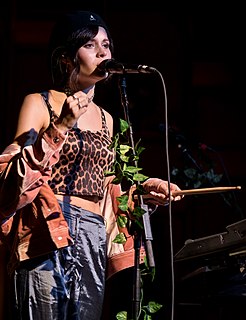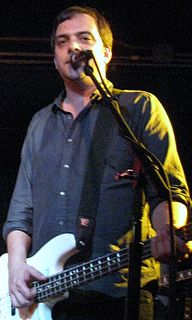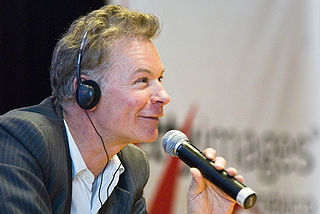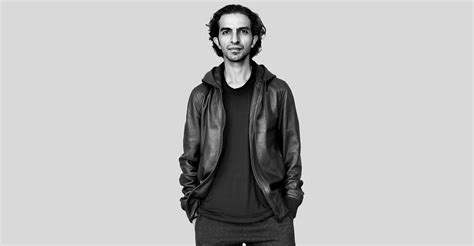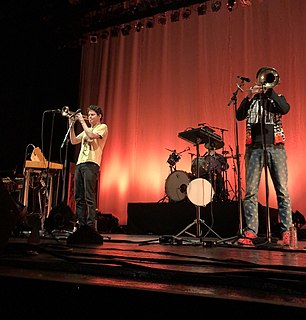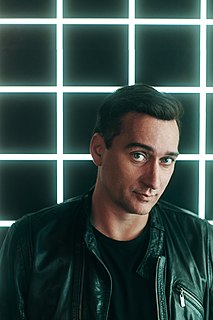A Quote by Nina Nesbitt
Moving to London was a culture shock, but in a really good way. I'm more aware now, and I'm less trusting of people in the music industry.
Related Quotes
Indie music is 'it' now. It's kind of a revolution to the music: 1980s, 1990s music was getting very sanitized; they were complying with the music industry. Music was getting more and more dead in a way. Now, because of the social climate that's very severe, the artists are compelled to start being real. It's really great that indie music is now.
The really interesting moment will be when you have a critical mass of people engaging through the networks, more than through the press and TV. When that happens, the culture of politics has to change, moving away from controlled one-way messages towards a political culture that is more questioning.
I have a really good relationship with my label and with people I've worked with since I was younger. I've always had a really good relationship, with both men and women. I think, for me, the way I face sexism in the music industry is when people are like, "Oh, she must not write her own music." That's frustrating, in a way. But it's cool. I'm mostly just like, "Meh." I'm just doing my thing.
People thought I was a really raw rapper that hated everything - a really sour person - but really I'm just a good, all-around music-making kid and I'm really happy. That really, I feel, painted my image to a lot of people. My music now, some people get sour over it because it's really happy, it's poppy, but I'm just telling them that that image from way back then was me feeling uncomfortable and now I'm comfortable.
I don't know if there was really ever a golden age of the music business. Most of what was released has always been garbage and some has been able to get through and last. I don't know that it was much better thirty years ago. The music industry just wasn't as efficient. The music industry was more oddball guys who did it for fun and now they are huge corporations that have become more structured.
I'm really specific in the way that I shoot. I've always had a very good sense of what I need in the editing room. I used to shoot in a way that drew more attention to the camera and I've tried, in each film, to draw less and less attention to the camera. I think when you pay attention to the shots, you're aware of the fact that there's a director.
Many things have changed in our culture here in England as a direct result of the Pistols: the whole street-fashion thing in London, for example, or the coverage of popular culture in the national press, or the fact that the film industry is now about young people making films about young British issues.
Digital has really made the fashion industry a lot more transparent. So people can see and understand how the industry really works, and participate in an industry that was very inaccessible to people. The only thing that people used to see before was the end product. Anyone can participate in it now.
